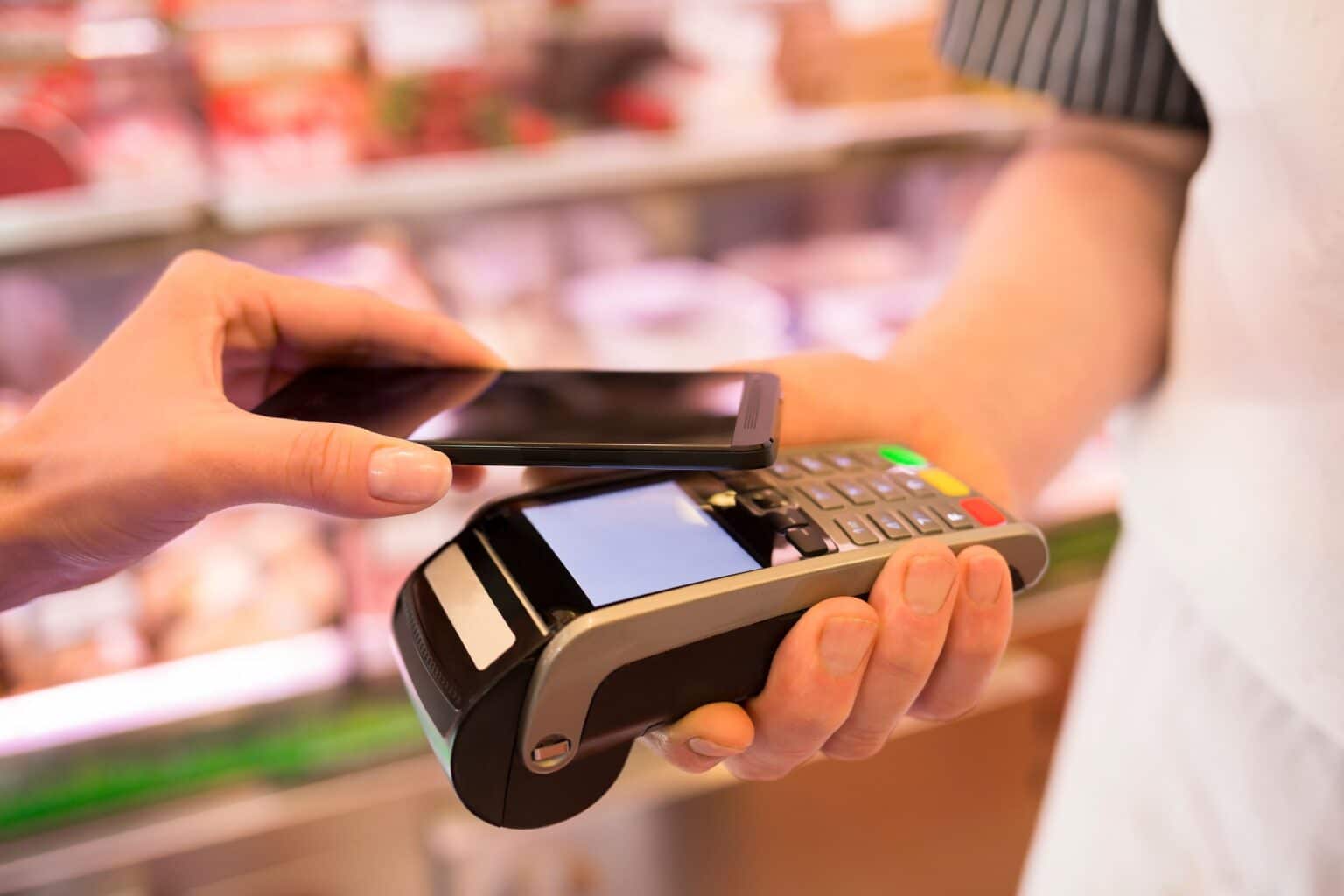Sure! Here’s the translation into American English:
—
On Monday, April 28, a massive power outage left millions of people without electricity across the Iberian Peninsula. According to the Spanish Electricity Network, the blackout, which began at 12:33 PM, affected 70% of the territory, including both urban and rural areas with heavy commercial traffic. Although the service was gradually restored and by the early hours of the following day 99% of the demand had been met, the incident has raised concerns in various sectors, particularly in the food distribution industry.
Although many retailers were able to continue operating thanks to electric generators, the lack of connectivity complicated the situation. Several essential systems, including alarm, security, payment, and inventory systems, were offline, creating stress for both customers and employees. This blackout has highlighted that energy is only part of the system: in an increasingly digital world, where operations depend on stable connections, a network failure can result in complete paralysis, even with electricity supply.
During the outage, only chains with robust generators and satellite connectivity were able to maintain their operations without major issues. Others, however, were forced to close or faced logistical and payment problems. In light of this situation, the food distribution sector has begun exploring satellite connectivity solutions as a backup for future emergencies. This technology is independent of terrestrial networks and ensures continuity in connection, even during fiber failures or issues with traditional mobile systems.
Serenae, a company specializing in satellite connectivity solutions, is in discussions with various distribution chains to implement this technology in their operational centers. Rodrigo Ladrón de Guevara, CEO of Serenae, emphasized the importance of establishing backup systems that ensure connectivity during critical situations, such as power outages, cyberattacks, or natural disasters. He pointed out that a lack of connection can be a more significant obstacle than a lack of energy, as without adequate connectivity, payments cannot be processed, inventories cannot be updated, and traceability cannot be ensured.
These types of solutions, which were previously considered suitable only for areas without coverage, are being reintroduced as a new standard of resilience for critical sectors. Major food chains, which cannot afford disruptions in their operations, are leading the transformation toward satellite connectivity. In this context, satellites are emerging as a safety net, particularly in regions that systematically face power outages.
Ladrón de Guevara concluded that “satellites are no longer a distant option. They are a fundamental tool for any business that needs constant connectivity.” Although at the moment this involves pilot plans, it is anticipated that the next major transformation in the retail sector will be driven by the integration of satellite technologies, highlighting the need to adapt to an increasingly uncertain landscape.
—
If you need any adjustments, just let me know!
Referrer: MiMub in Spanish











